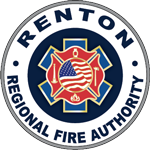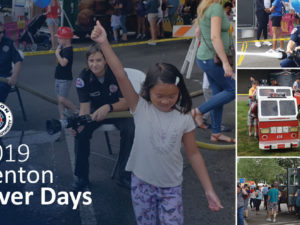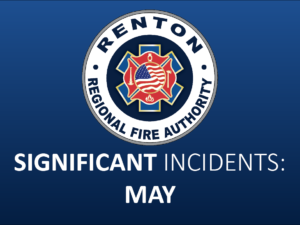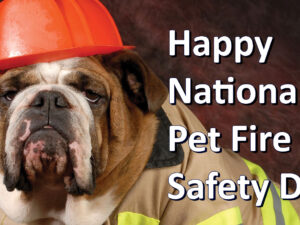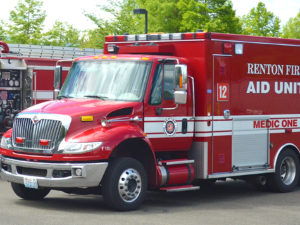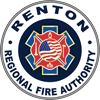As we gladly welcome 2021 with open arms, you may already have a list of New Year Resolutions.” Consider adding these “Safety Resolutions” to your checklist for a safe and healthy year for you and your loved ones:
Indoor Winter Heating Safety:
As the temperatures continue to drop in our region, more and more people will be relying on their homes heat source(s) to keep warm and comfortable this winter season. Whether that means a gas furnace, space heater, fireplace, or a combination, we want to provide you with some safety tips.
- Keep anything that can burn at least three feet away from heating equipment, like the furnace, fireplace, wood stove, or portable space heater.
- Have a three-foot “kid-free zone” around open fires and space heaters.
- Never use your oven to heat your home.
- Have a qualified professional install stationary space heating equipment, water heaters or central heating equipment according to the local codes and manufacturer’s instructions.
- Have heating equipment and chimneys cleaned and inspected every year by a qualified professional.
- Remember to turn portable heaters off when leaving the room or going to bed.
- Always use the right kind of fuel, specified by the manufacturer, for fuel burning space heaters.
- Test smoke alarms at least once a month.
- Never use barbeque grills, especially ones that produce carbon monoxide, to heat your home.
Source: National Fire Protection Association
At Home Outdoor Heater and Fire Pit Safety:
As the pandemic continues into winter, more people are finding ways to socialize safely outside and seeking ways to stay warm while doing so. Outdoor fire pits, outdoor gas and electric portable heaters are being used in greater numbers. In addition to taking Covid-19 precautions, consider the potential risks associated with outdoor heating sources.
Outdoor Propane and Electric heaters
- Make sure to read and follow the manufacturer instructions prior to using an outdoor heater
- Place heaters in a location where they cannot be easily overturned
- Keep anything that can burn at least three feet away from the heater
- Turn off portable heaters when the area in which they are used is not occupied
- Electric heaters should be used only where they can be plugged directly into the appropriate receptacles or extension cords of adequate current capacity
- Propane gas heaters need proper ventilation to avoid carbon monoxide build up
Source: National Fire Protection Association
Understanding Carbon Monoxide Poisoning:
Carbon monoxide, or CO is an odorless, colorless gas that can cause sudden illness and death. CO is produced by burning gasoline, wood, propane, charcoal or other fuel. Improperly ventilated appliances and engines, particularly in a tightly sealed or enclosed space, may allow carbon monoxide to accumulate to dangerous levels.
Poisoning Symptoms:
The most common symptoms of CO are headache, dizziness, weakness, nausea, vomiting, chest pain, and confusion. Poisoning occurs when carbon monoxide builds up in your bloodstream. When too much carbon monoxide is in the air, your body replaces the oxygen in your red blood cells with carbon monoxide. This can lead to serious tissue damage, or even death. Carbon monoxide poisoning is very common during winter months when people are trying to stay warm. Consider these prevention tips from the Mayo Clinic to keep you and your loved ones safe this winter and holiday season.
- Install carbon monoxide detectors. Put one in the hallway near each sleeping area in your house. Check the batteries every time you check your smoke detector batteries. If the alarm sounds, leave the house and call 911 or the fire department. Carbon monoxide detectors are also available for motor homes and boats.
- Open the garage door before starting your car. Never leave your car running in your garage. Be particularly cautious if you have an attached garage. Leaving your car running in a space attached to the rest of your house is never safe, even with the garage door open.
- Use gas appliances as recommended. Never use a gas stove or oven to heat your home. Use portable gas camp stoves outdoors only. Use fuel-burning space heaters only when someone is awake to monitor them and doors or windows are open to provide fresh air. Don’t run a generator in an enclosed space, such as the basement or garage.
- If you have a fireplace, keep it in good repair. Clean your fireplace chimney and flue every year.
- Keep vents and chimneys unblocked during remodeling. Check that they aren’t covered by tarps or debris.
- Make repairs before returning to the site of an incident. If carbon monoxide poisoning has occurred in your home, it’s critical to find and repair the source of the carbon monoxide before you stay there again.
Source: Mayo Clinic
